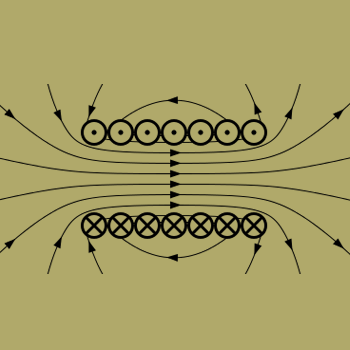How do you integrate int arccosx by parts from [0,1/2]?
3 Answers
Explanation:
we integrate by parts
the key is to choose the appropriate values for
the integral can be done by inspection
try
Explanation:
I will start by working out the antiderivative. When you have a simple function that you can't rewrite, the classic trick is to use integration by parts.
The formula for integration by parts is:
In this case, I will let
Plugging this into the formula gives:
This integral can be cracked using a u-substitution with
This is the common derivative of
Plugging back into the original expression and resubstituting, we get:
Now we can plug in the limits of integration:
Explanation:
Let's first have a look at the following integral (that we are going to need later on):
To solve this integral, we substitute
Now we are ready to evaluate the integral that we are actually interested in:
Using integration by parts, and remembering that
this yields
Finally, we get



